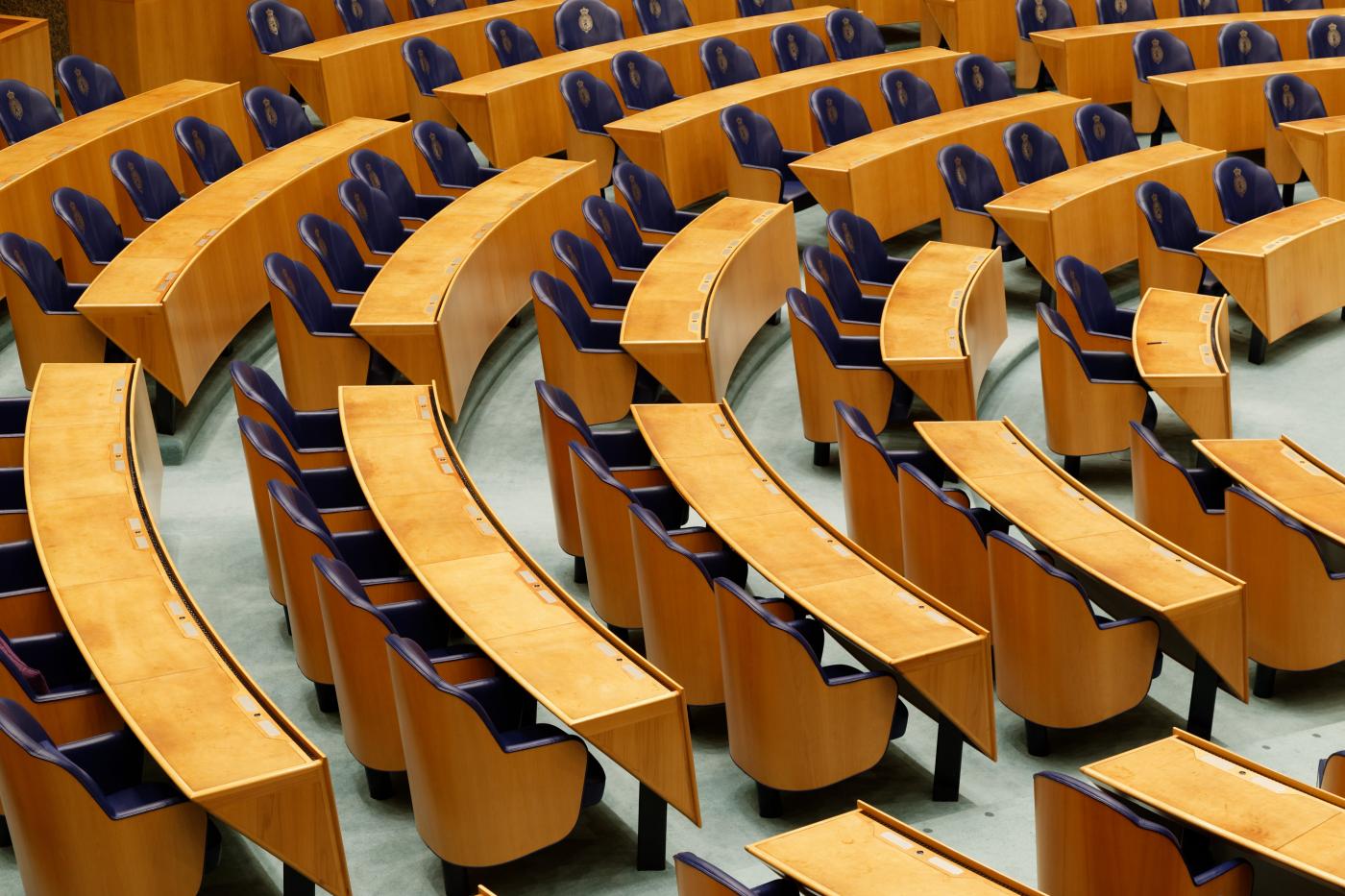General Considerations
Austerity measures may go on for the time being

‘It looks like there will be another majority in favour of scrapping the austerity measures against education,’ D66 leader Rob Jetten told Prime Minister Dick Schoof on Thursday, on day two of the General Political Considerations (when the main points of the cabinet's policy are discussed in Parliament. Ed.).
Jetten was referring to the parliamentary elections, which will take place on Wednesday, October 29. In his view, the following House of Representatives may take a different approach to education and research, so the cabinet should not take any 'irreversible steps' until the House of Representatives has discussed the budget of the Ministry of Education, Culture and Science.
Jetten fears that things are already going wrong. He mentioned cancer research being 'scaled back' and money being taken away from programmes in regions with a shrinking population. According to him, these budget cuts in education and innovation are compromising the “earning capacity” of Dutch businesses.
Irreversible steps
Schoof held off. He is not responsible for the House of Representatives' schedule, so he did not know when the budget would be discussed. In the end, Jetten and Joost Eerdmans (JA21) submitted a motion on this issue, asking the government not to take any 'irreversible steps'. In other words, the ministry should not anticipate a budget that may still be subject to change.
This motion was supported by many parties across the political spectrum, but they failed to achieve a majority. The motion was narrowly rejected by the governing parties VVD and BBB, with the support of three other parties.
The opposition will continue to try. GroenLinks-PvdA (an alliance between Green Left & Labour Party, Ed.) has already submitted an amendment to the budget that reverses the austerity measures. As the House of Representatives currently stands, that amendment has no chance of passing, but after the elections, it may – and only then will it be put to a vote.
Another motion that affects students and higher education was submitted on Thursday evening. It proposed extending the eligibility for housing benefits to those renting shared student accommodations (currently, only those renting independent housing units, such as studios, are eligible). However, that motion was also rejected.
Activists
During the debate, Prime Minister Schoof and Christian Union leader Mirjam Bikker argued about activism at universities. ‘If a Jewish student no longer dares to go to class, a minister can no longer give a speech, or a professor no longer dares to be on a party's electoral list, then we are well on our way to a lack of freedom instead of a breeding ground for freedom, which is what academia should be,’ stated Bikker. Schoof agreed.
‘No one should feel unsafe in this country. That applies to people with a Jewish background, but it also applies to people with an Islamic background, or any other background,’ said the prime minister.
Far-right party FvD proposed declaring Antifa (a loose association of anti-fascist activists) a terrorist organisation, as the Trump administration has done in the United States. Antifa allegedly disrupts meetings, intimidates students and journalists, threatens politicians and uses violence.
Schoof advised against this proposal (‘That is up to the courts’, he said), but enough parties on the right of the political spectrum considered it a good idea: SGP, VVD, BBB, JA21, FVD and PVV all voted in favour.
Comments
We appreciate relevant and respectful responses. Responding to DUB can be done by logging into the site. You can do so by creating a DUB account or by using your Solis ID. Comments that do not comply with our game rules will be deleted. Please read our response policy before responding.